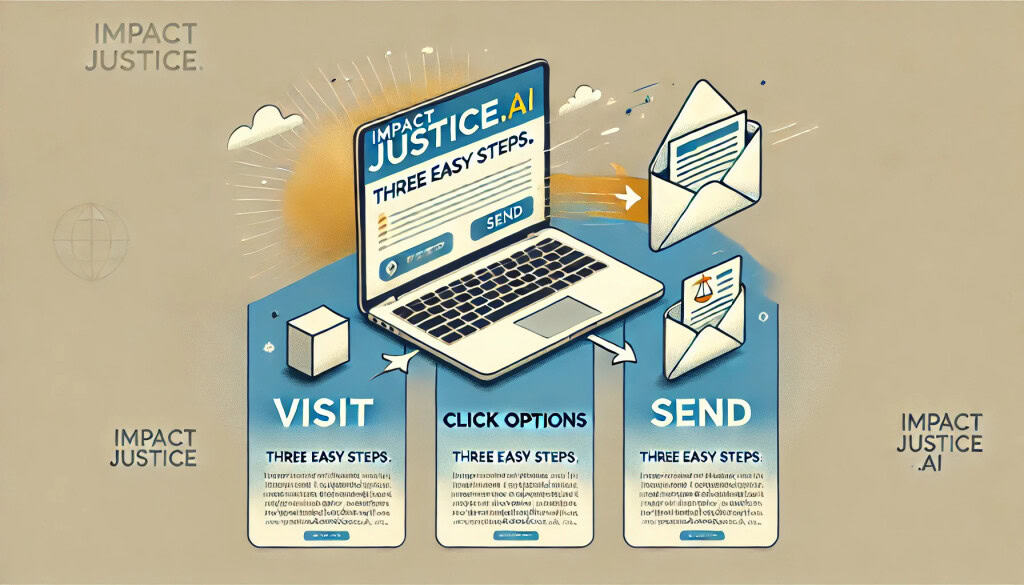A System Built for Profit, Not Justice
In Georgia, justice isn’t about rehabilitation, public safety, or fairness—it’s about money. The state’s justice system has been engineered to turn poverty, mental illness, and addiction into revenue streams, keeping prisons full and pockets lined.
At every level—from courts to prisons to probation—there’s profit to be made.
🔹 Private companies cash in on incarceration, probation fees, and overpriced prison services.
🔹 Politicians and state officials benefit from contracts, lobbying deals, and a never-ending prison population.
🔹 Meanwhile, those struggling the most—low-income individuals, the mentally ill, and those battling addiction—are criminalized instead of helped.
While other states have shifted toward rehabilitation, alternatives to incarceration, and justice reform, Georgia has doubled down on profiting from human suffering.
This is how mass incarceration became big business in Georgia.
Poverty: A Crime in Georgia
Poverty in Georgia isn’t just a financial struggle—it’s a pathway to incarceration.
• Can’t afford fines or court fees? You could be jailed for nonpayment, even though the Supreme Court ruled this unconstitutional.
• Struggling with housing? You could be arrested for trespassing or loitering.
• Driving on a suspended license because you can’t afford reinstatement fees? That’s another charge—adding more debt and making it even harder to escape the system.
Georgia’s justice system is designed to punish people for being poor. The state even allows private, for-profit probation companies to collect court fines and fees from those on misdemeanor probation. These companies have been documented exploiting poor individuals who can’t afford to pay their fines upfront, trapping them in cycles of debt and incarceration.1
Mental Illness: Punished Instead of Treated
Georgia ranks 48th in the nation for access to mental health care, yet instead of treatment, those in crisis are more likely to end up behind bars than in a medical facility.2
• Having a schizophrenic episode in public? Police may arrest you for disorderly conduct instead of getting you help.
• Suicidal and seeking treatment? If you can’t afford care, you could end up in jail instead.
• Acting erratic due to a mental health crisis? You could be charged with resisting arrest and locked away for months.
Once inside Georgia’s prisons, the lack of mental health care is even worse. As of 2022, 23% of Georgia’s prison population—over 10,600 people—had a diagnosed mental illness, an increase of nearly 60% over two decades. These individuals are often left untreated, placed in solitary confinement, or forced to endure brutal conditions without the care they need.3
Addiction: A Public Health Crisis, Not a Crime
The War on Drugs has failed, yet Georgia continues to treat substance abuse as a criminal offense instead of a health issue.
• Caught with a small amount of drugs? That’s a felony charge.
• Struggling with addiction but can’t afford rehab? Jail time instead.
• Relapsed while on probation? That’s another charge, another violation, and another year behind bars.
Between 2012 and 2016, drug overdose deaths in Georgia increased by 35%4. Instead of expanding access to treatment, harm reduction programs, and diversion options, the state continues to lock up nonviolent drug offenders while private companies profit off their incarceration.
The Prison-For-Profit Model: Who Benefits?
Georgia’s justice system isn’t designed to reduce crime—it’s designed to make money. While taxpayers pour billions into law enforcement and incarceration, who’s actually benefiting?
• Private prison companies like GEO Group and CoreCivic operate facilities in Georgia, housing thousands of inmates under highly profitable contracts5.
• Probation and parole programs are often outsourced to for-profit companies, creating financial incentives to keep people under supervision for as long as possible.
• Kickbacks and shady contracts funnel money to politicians and former officials who profit off keeping incarceration numbers high6.
Governor Brian Kemp’s proposed 2026 budget includes a staggering $1.62 billion for the Georgia Department of Corrections, a $125 million increase from the previous year7. Meanwhile, investment in education, mental health care, and addiction recovery remains underfunded.
The Real Solution: Stop Criminalizing Struggle
If Georgia actually cared about reducing crime and improving public safety, it would:
✅ Expand mental health services so people aren’t thrown in jail for having a crisis.
✅ Invest in addiction treatment programs instead of incarcerating drug users.
✅ End the criminalization of poverty by eliminating for-profit probation and excessive fines.
✅ Ensure transparency in government contracts so taxpayers know where their money is going.
Locking people up for being poor, sick, or struggling with addiction doesn’t solve anything—it just fills prison beds and keeps the money flowing.
If you’re tired of seeing poverty, mental illness, and addiction treated like crimes, use Impact Justice AI (https://ImpactJustice.AI) to demand that lawmakers stop funding mass incarceration and start investing in real solutions.
Because justice shouldn’t be for sale.


3 thoughts on “Punishment for Profit: How Georgia’s Justice System Makes Millions”